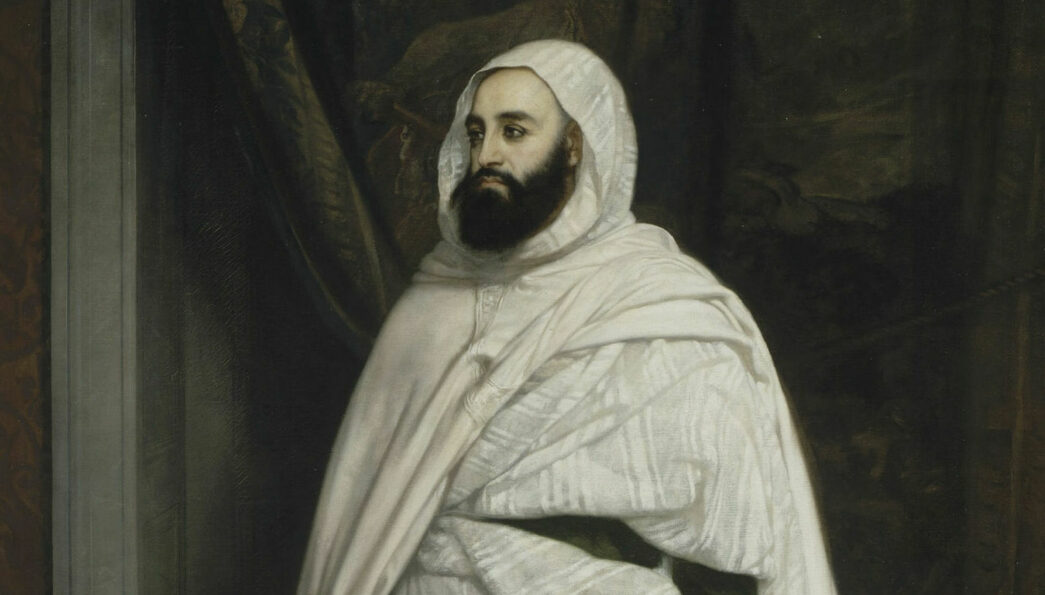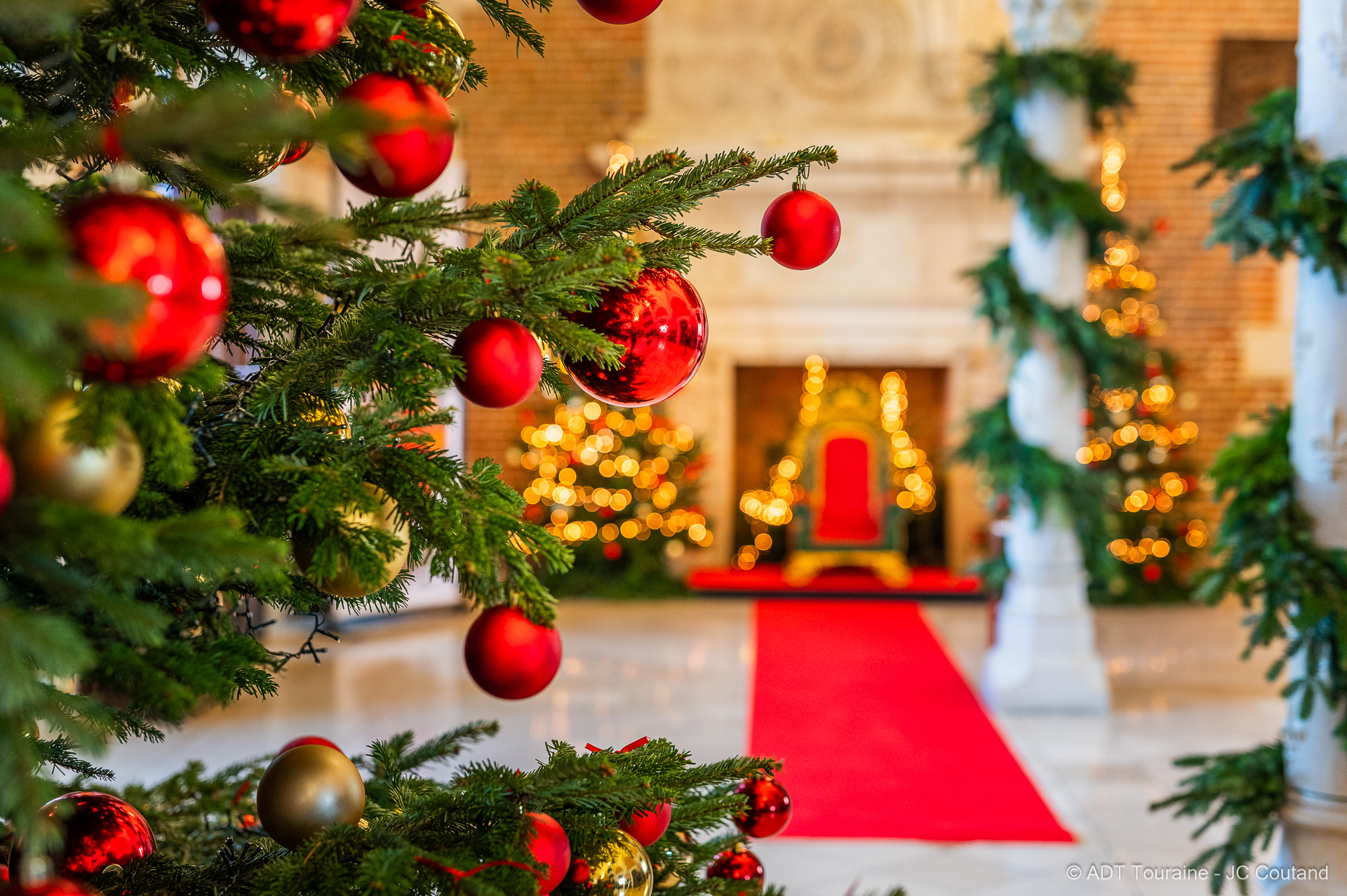The Emir Abd El Kader
Abd el-Kader ben Muhieddine was born in Algeria in 1808. Raised in a family of scholars in the Mascara region, he very quickly developed an insatiable curiosity and great intellectual abilities. As a young man, he got involved in the resistance to French colonization. He created a permanent military force to oppose French troops. Forced to surrender to General Lamoricière in 1847, he promised not to raise arms against France again. The political instability that France was experiencing at the time compromised its situation. He was then incarcerated at the Château d’Amboise the following year. He was released four years later by Louis-Napoléon Bonaparte (1809/1852-1870/1873) then Prince-President, who came in person to keep the word given by the French authorities in 1847. The Emir then embarked for Turkey then Syria where he devoted most of his last years to meditation and teaching. Until his last breath, he consistently defended the universal values of tolerance and humanism. He died in Damascus in 1883.
Emir Abd El Kader and the royal castle of Amboise
Having laid down his arms on December 24, 1847, Emir Abd El Kader was transferred to Toulon, then to the fortress of Pau. In November 1848, the illustrious prisoner was then placed under house arrest at the royal castle of Amboise with his family and his entourage of around eighty people. The emir spent four years at the castle, before being personally released by Louis-Napoléon Bonaparte on October 16, 1852. After particularly difficult first years, marked by the death of many of his loved ones (victims of climate and illness), harsh living conditions and voluntary isolation, Emir Abd El Kader will gradually establish dialogue with this new environment. Over the years, a special bond was formed with the population of the town of Amboise, whom the emir regularly met during his outings. Upon his release, the inhabitants will mobilize to have a monument built in his homage, on the grounds of the castle. This is still visible today, at the Orient Garden.
The Oriental Garden
This garden was created in 2005 by the Algerian artist Rachi Koraïchi. It is a garden-cemetery in memory of the 25 people from the emir’s retinue who died during their captivity in Amboise. A place of meditation, it has 25 steles in Aleppo stone, marked with surahs from the Koran and topped with a bronze sign, each bearing the name of a deceased person. Seven cypresses, like seven guardians, whose link between earth and sky. A large diagonal line of rosemary trees, facing southeast, indicates the direction of Mecca.
Learn more :
Podcasts “Emir Abd El Kader, captive prince of Amboise”, by Ahmed Bouyerdene

